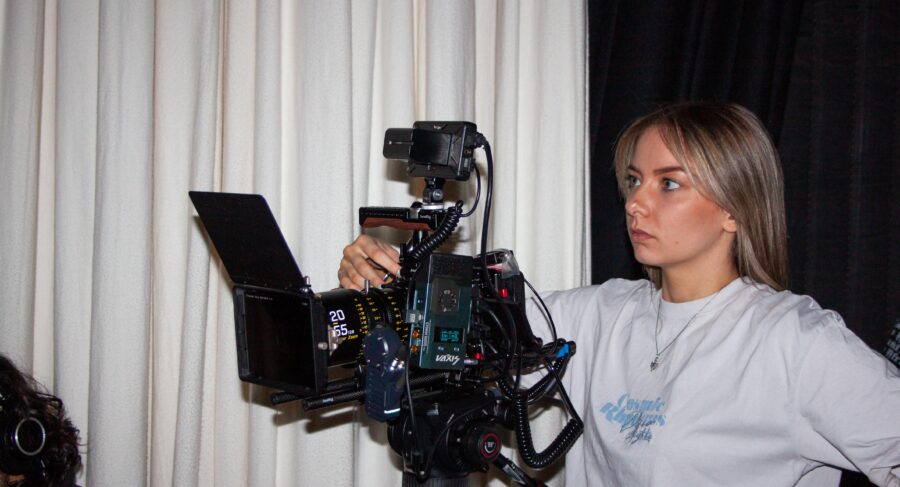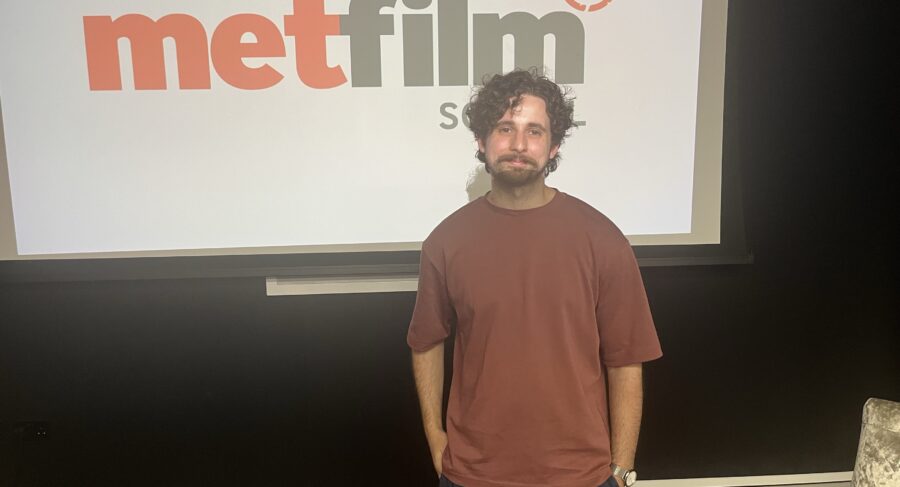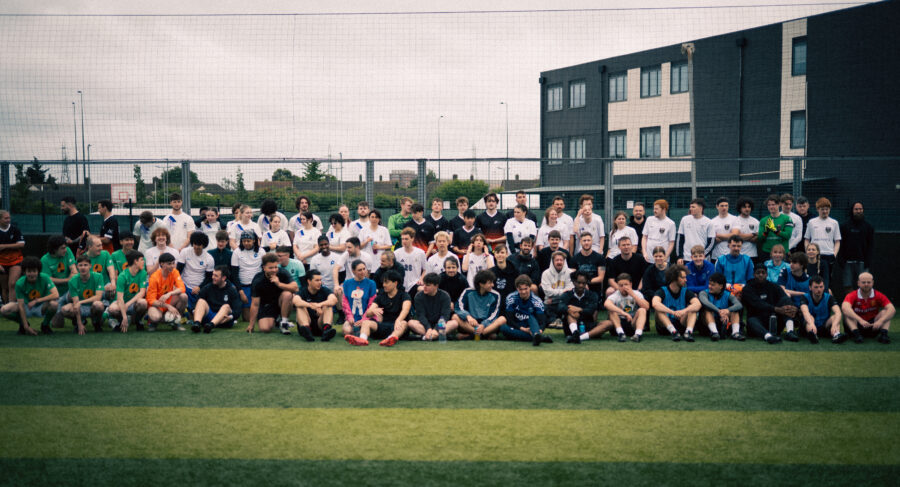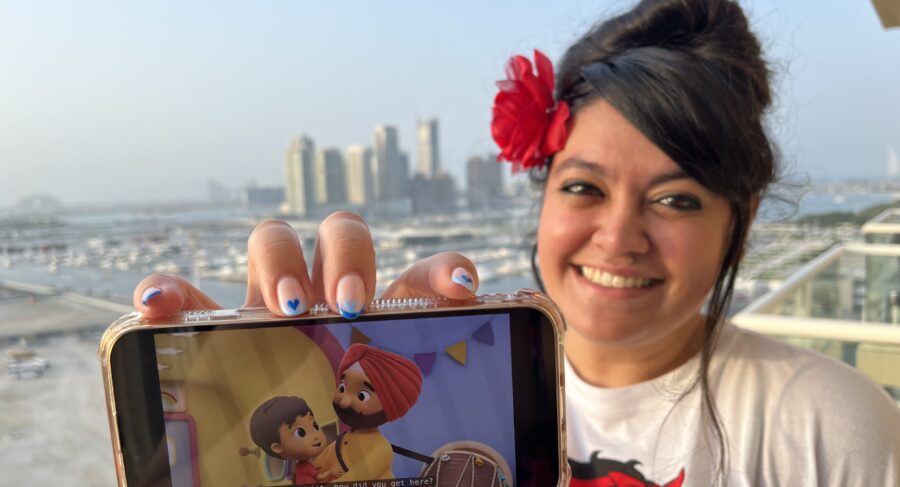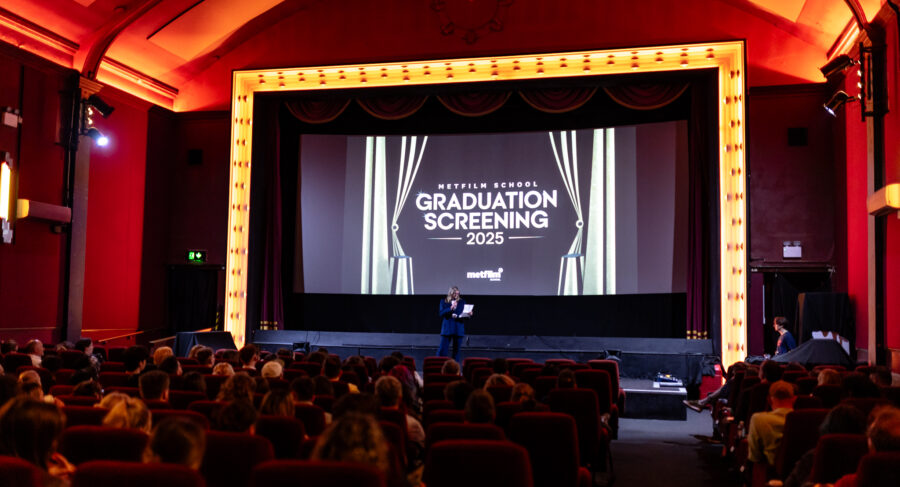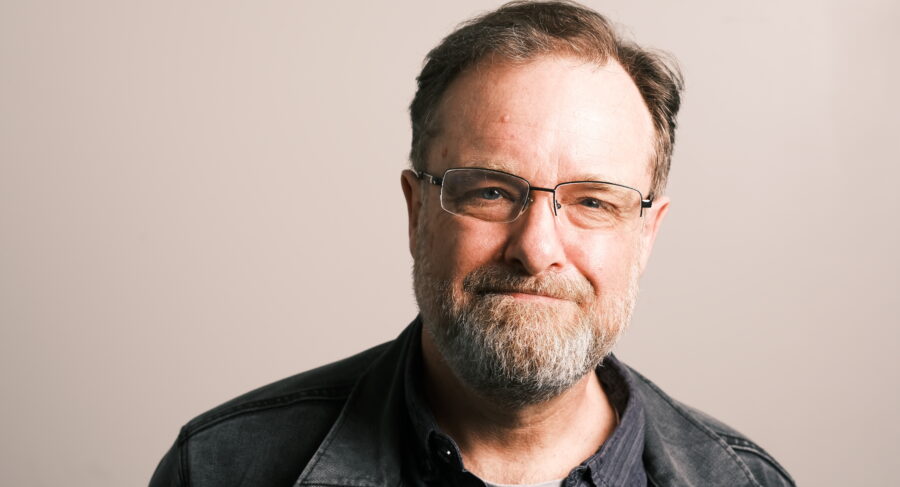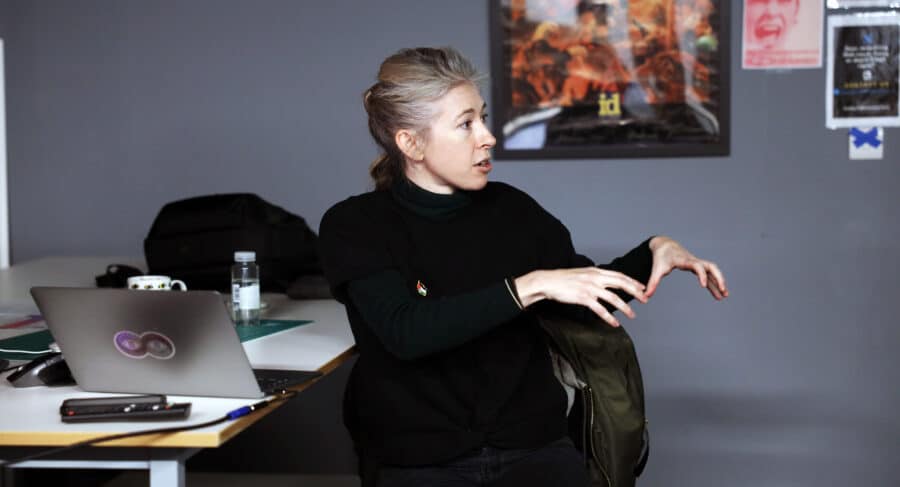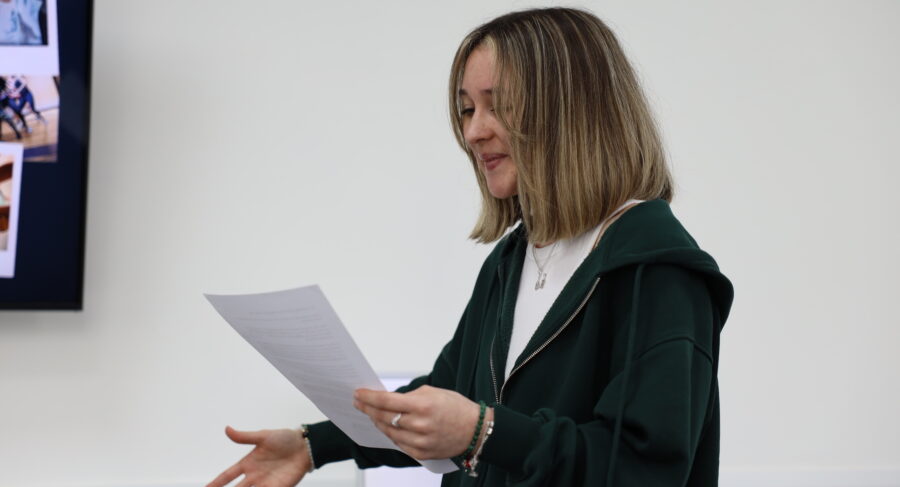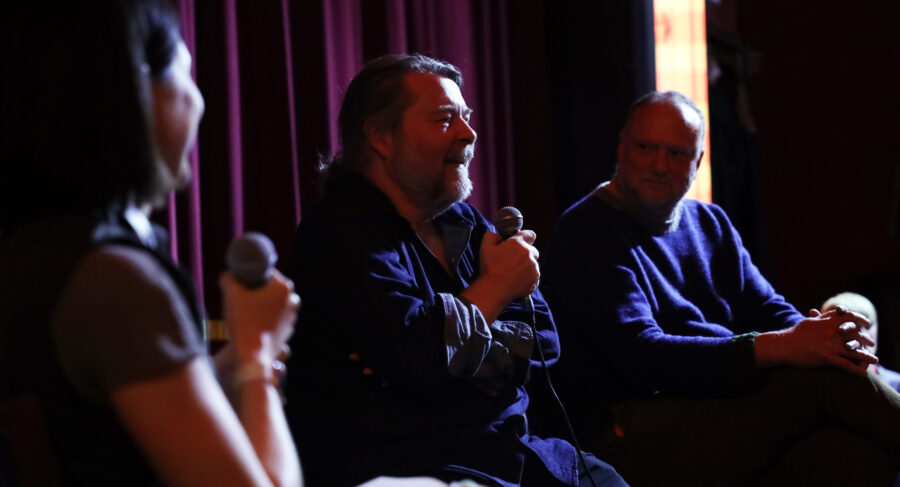Five questions with British screenwriter Nicole Taylor
By Danny Kelly
27 February 2017
Anyone with even the slightest interest in moving image will surely agree that television is in extremely good health today. The medium’s frequently labelled “golden age” has seen the industry flourish; more productions, higher budgets and increased opportunities for writers. This month we were fortunate enough to welcome the wonderfully down-to-earth British Screenwriter Nicole Taylor (The C Word, Secret Diary of a Call Girl, Indian Summers) to MetFilm School for an insightful discussion about her growing career and guidance on the types of writing roles young graduates can expect to encounter.
Nicole spoke to students about her list of credits, which features many episodic roles on some high-profile productions – something she urges young writers to be open to. These commissions, she explains, are “a brilliant gig at the beginning of your career, because it’s like colouring in”; they give you the opportunity to learn your craft within the guidelines of pre-existing characters and plot. Plus they pay good money! In particular, she highlights the “amazing” experience of writing for the immensely popular character Gene Hunt in the BBC’s Ashes to Ashes.
Nicole is perhaps best known for the successful screenplay for TV-movie The C Word. The project was initially conceived when a BBC producer sent Nicole the blog – and later book – of journalist Lisa Lynch, who documented her experiences dealing with breast cancer. After taking on the script, the two became good friends and worked closely with each other on the project, up until Lisa sadly passed from secondary cancer in 2013. Read Nicole’s heartfelt blog on adapting The C Word here, or download the script through the BBC writers room.
We caught up with Nicole after the masterclass for a quick chat and to ask five questions…
Could you tell me about your typical process when you sit down and to write?
If I’m writing for television, I will usually have a scene-by-scene plan to work from which. Even if I don’t follow it, it gives me some comfort in that I know what I’ll be doing for the next day. At the end of each day, I write a wee note to myself on the last page or draft. This tells me what I need to focus on the day after. I can’t imagine embarking upon a script without having figured out, perhaps not every detail, but some kind of blueprint.
What attributes would you advise looking for in an agent?
I think it’s important to find someone that you get along with – someone you can have a laugh with and that you think is a sound person. It’s all very well having someone who is a hard-ass negotiator, but you need to be comfortable speaking to them on the phone and sharing your uncertainty with them. It’s a long-term relationship; the most important of your career. You should feel good about your decision. And if you’re not sure, it’s probably not the right person. It’s just like dating.
Which screen productions have particularly inspired you?
My favourite film is Margaret, written and directed by Kenneth Lonegan (Manchester by the Sea). It recently saw it again when it returned to the cinema for one night, and I think it’s a total masterclass in writing. Completely wonderous. I’ll watch it every time it comes on. Another that I love is Lars & the Real Girl. It took me a long time to get hold of the screenplay for that, but it is another incredible piece of work.
What do you wish you were seeing more on British television?
I like watching everything done by Sally Wainwright (Happy Valley, Last Tango in Halifax) does, so I just wish she would write faster and more! And I’ve always loved Victoria Wood. She was just as accomplished as a dramatist, as she was with everything else. Housewife, 49 is just an unbelievable piece of work, and I wish she’d written more drama.
What advice would you give an aspiring screenwriter?
Don’t waft about telling people what you’re writing about. Just get your head down, write all the time, be obsessional, and take it seriously. It took me a really long time to work out how to do it. All I had, really, was an ability to write dialogue and imagine characters, and you do have to work at your craft. I’m still learning. I’m constantly trying to understand it better and master it more successfully.
Want to put pen to paper on of our courses? Find out more about Screenwriting at MetFilm School

